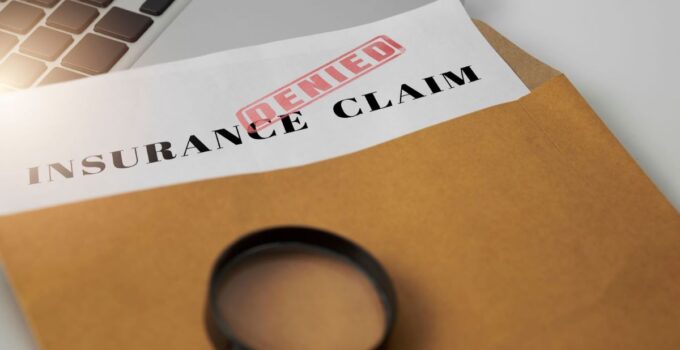Got your insurance claim denied? It’s frustrating and can hit you where it hurts—your wallet. Often, these rejections stem from common mistakes or oversights. Want to know how to avoid these pitfalls? Here’s a breakdown of the errors that can derail your claim and the financial implications they carry.
1. Incomplete or Incorrect Information

Image Credit: Shutterstock / H_Ko
Submitting incomplete or incorrect information can doom your claim from the start. According to the National Association of Insurance Commissioners (NAIC), errors in documentation account for up to 20% of denied claims. Ensure all fields are accurately filled to avoid automatic rejection.
2. Missing Deadlines

Image Credit: Shutterstock / Soloviova Liudmyla
Insurance companies impose strict deadlines for claims. Miss a deadline, and your claim might be denied outright. For example, auto insurance claims often need to be reported within 30 days, or they risk being voided.
3. Not Reading the Policy

Featured Image Credit: Shutterstock / Pressmaster
Failing to thoroughly understand your policy can lead to surprises when you file a claim. A study by the Insurance Information Institute found that 30% of policyholders don’t fully understand their coverage, leading to claims being denied due to policy exclusions.
4. Lack of Documentation

Image Credit: Shutterstock / NONGASIMO
Without proper documentation, your claim is vulnerable. The Insurance Research Council (IRC) estimates that incomplete or missing documents account for up to 25% of claim denials. Always provide clear evidence like photos, repair estimates, or medical records.
5. Reporting Issues Late

Image Credit: Shutterstock / Monster Ztudio
Timeliness is key. Insurance policies typically require prompt reporting of incidents. According to a 2023 report, delayed reporting can result in claim denials 15% of the time, as insurers may argue that the delay compromised the investigation.
6. Exceeding Policy Limits

Image Credit: Shutterstock / Korawat photo shoot
Claims that exceed your policy limits are often denied. For instance, if your auto policy covers up to $50,000 in damages and you claim $60,000, the excess amount will likely be denied. Knowing your policy limits helps prevent this issue.
7. Not Following Policy Terms
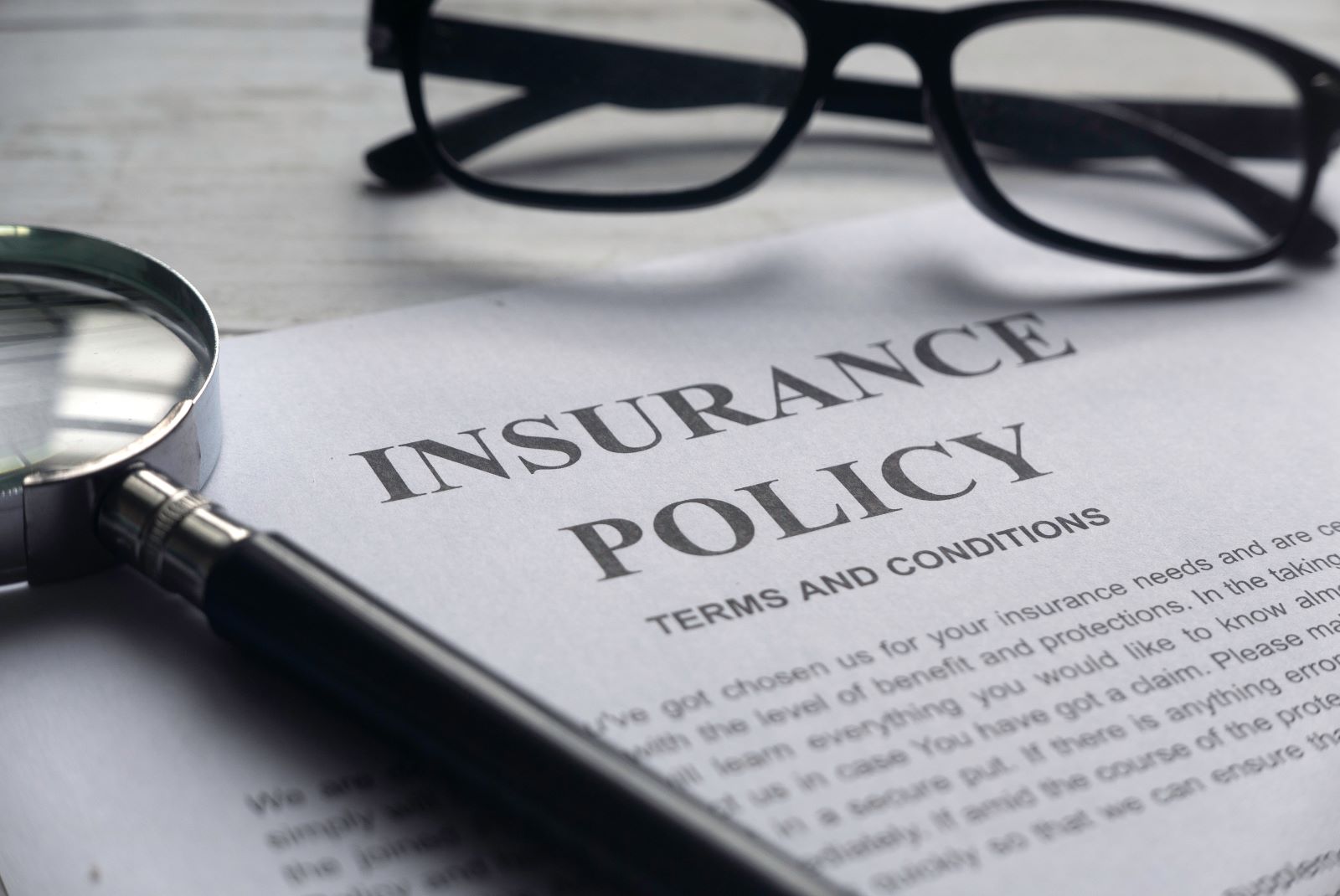
Image Credit: Shutterstock / Faizal Ramli
Policies come with specific terms. A survey by J.D. Power found that 18% of claim denials are due to policyholders not adhering to these terms, such as using non-approved repair shops or not following prescribed procedures.
8. Fraudulent Claims

Image Credit: Shutterstock / chaylek
Submitting false or exaggerated claims is a serious mistake. Insurance fraud can lead to claims being denied and potential legal action. The Coalition Against Insurance Fraud reports that fraud accounts for 10% of all insurance claims, driving up premiums for everyone.
9. Previous Claims History

Image Credit: Shutterstock / fizkes
A history of frequent claims can raise red flags. According to the Insurance Information Institute, having more than two claims within a three-year period can increase the likelihood of denial or higher premiums.
10. Pre-existing Conditions

Image Credit: Shutterstock / Summit Art Creations
Health and auto insurance policies often exclude pre-existing conditions or damages. If your claim involves an issue that existed before your coverage started, it’s likely to be denied. The average claim denial rate for pre-existing conditions is about 12%.
11. Failure to Pay Premiums

Image Credit: Shutterstock / Marcos Mesa Sam Wordley
Missed premium payments can result in a lapsed policy. If your policy isn’t active, your claim is at risk of being denied. The National Association of Insurance Commissioners notes that policies lapsed due to unpaid premiums contribute to 8% of all claim denials.
12. Misrepresentation of Facts

Image Credit: Shutterstock / Inside Creative House
Providing misleading or inaccurate information can result in claim denial and potential legal trouble. Misrepresentation is a leading cause of claim denials and fraud investigations, as found by the Insurance Information Institute.
13. Insufficient Proof of Loss

Featured Image Credit: Shutterstock / SpeedKingz
Adequate proof of loss is critical. The IRC reports that claims lacking proper proof, like repair bills or medical records, have a denial rate of 20%. Ensure all necessary documentation is thorough and accurate.
14. Not Following Up

Image Credit: Shutterstock / LightField Studios
Failing to follow up on your claim can lead to delays or denials. Regularly checking the status of your claim ensures all required information is processed. A 2024 survey showed that 14% of denials are due to lack of follow-up.
15. Exclusions in the Policy

Image Credit: Shutterstock / inewsfoto
Policies include specific exclusions. Claims falling into these excluded categories are often denied. For example, flood damage is typically excluded in standard homeowners insurance policies, which affects about 10% of all claims.
16. Claiming Uncovered Perils
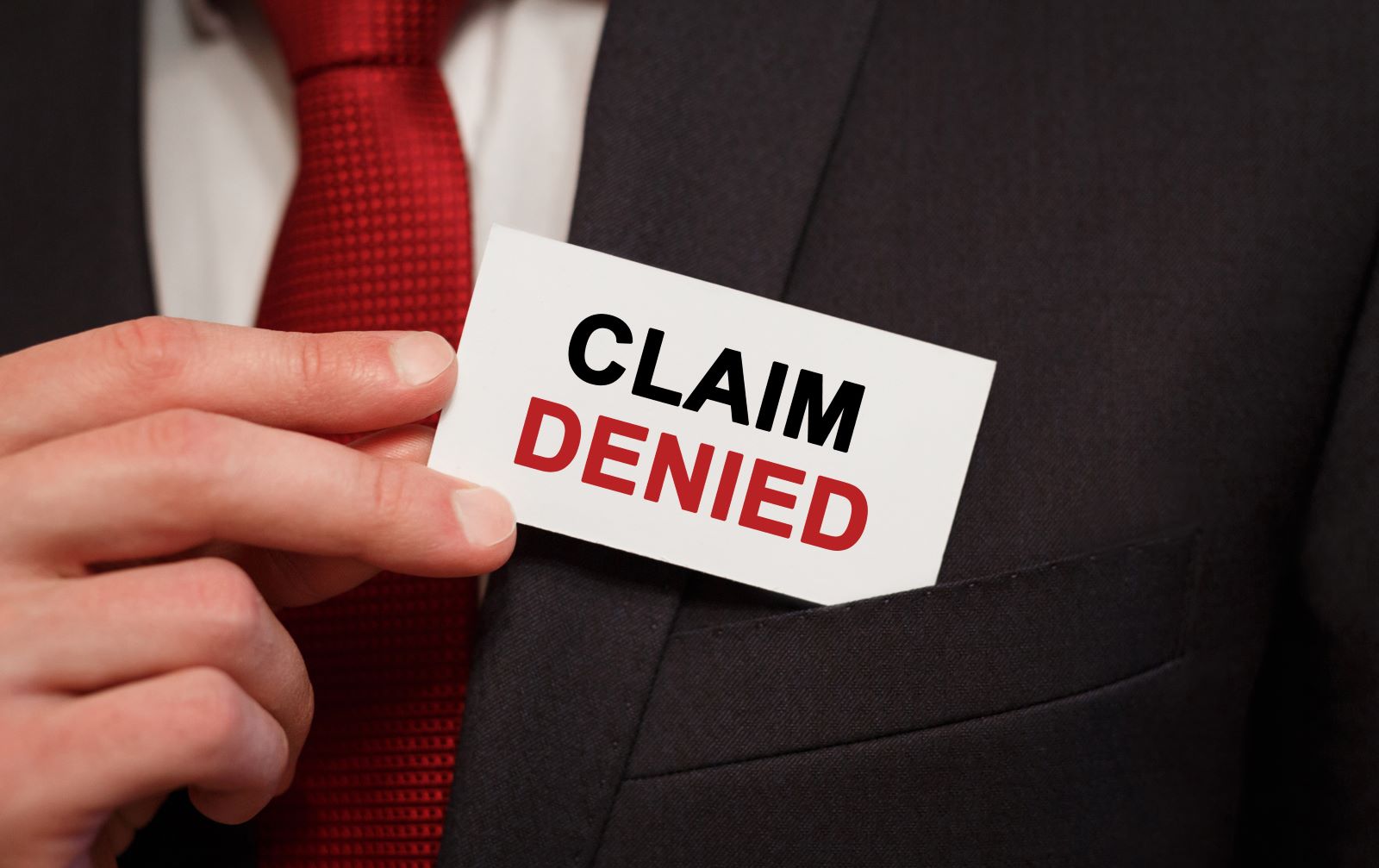
Image Credit: Shutterstock / Michail Petrov
If the incident isn’t covered by your policy, the claim will be denied. The Insurance Research Council highlights that understanding your coverage can prevent about 15% of claim denials related to uncovered perils.
17. Incorrectly Filling Out Forms
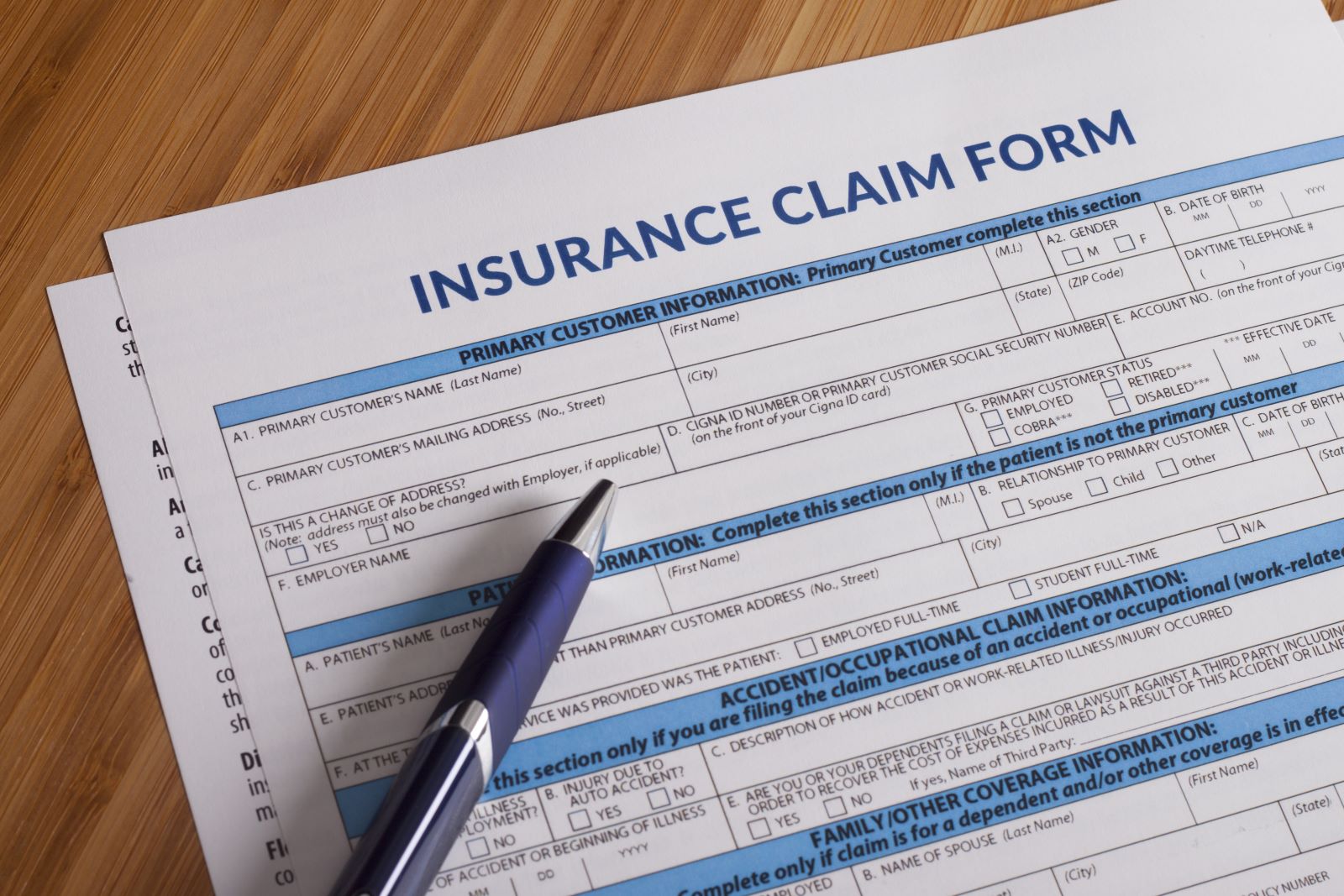
Image Credit: Shutterstock / danielfela
Errors on claim forms can lead to denials. The NAIC states that up to 12% of denied claims result from form inaccuracies. Double-check all forms for completeness and correctness.
18. Not Getting an Independent Evaluation

Image Credit: Shutterstock / fizkes
For significant claims, an independent evaluation might be necessary. Relying solely on the insurance company’s assessment can lead to disputes. Independent evaluations can help validate your claim, as highlighted by a 2024 industry report.
19. Legal Issues

Image Credit: Shutterstock / TheCorgi
Legal disputes can complicate claims. If litigation is involved, it can delay or negate your claim approval. Legal issues affect approximately 7% of claims, according to recent data.
Denial Isn’t Enough
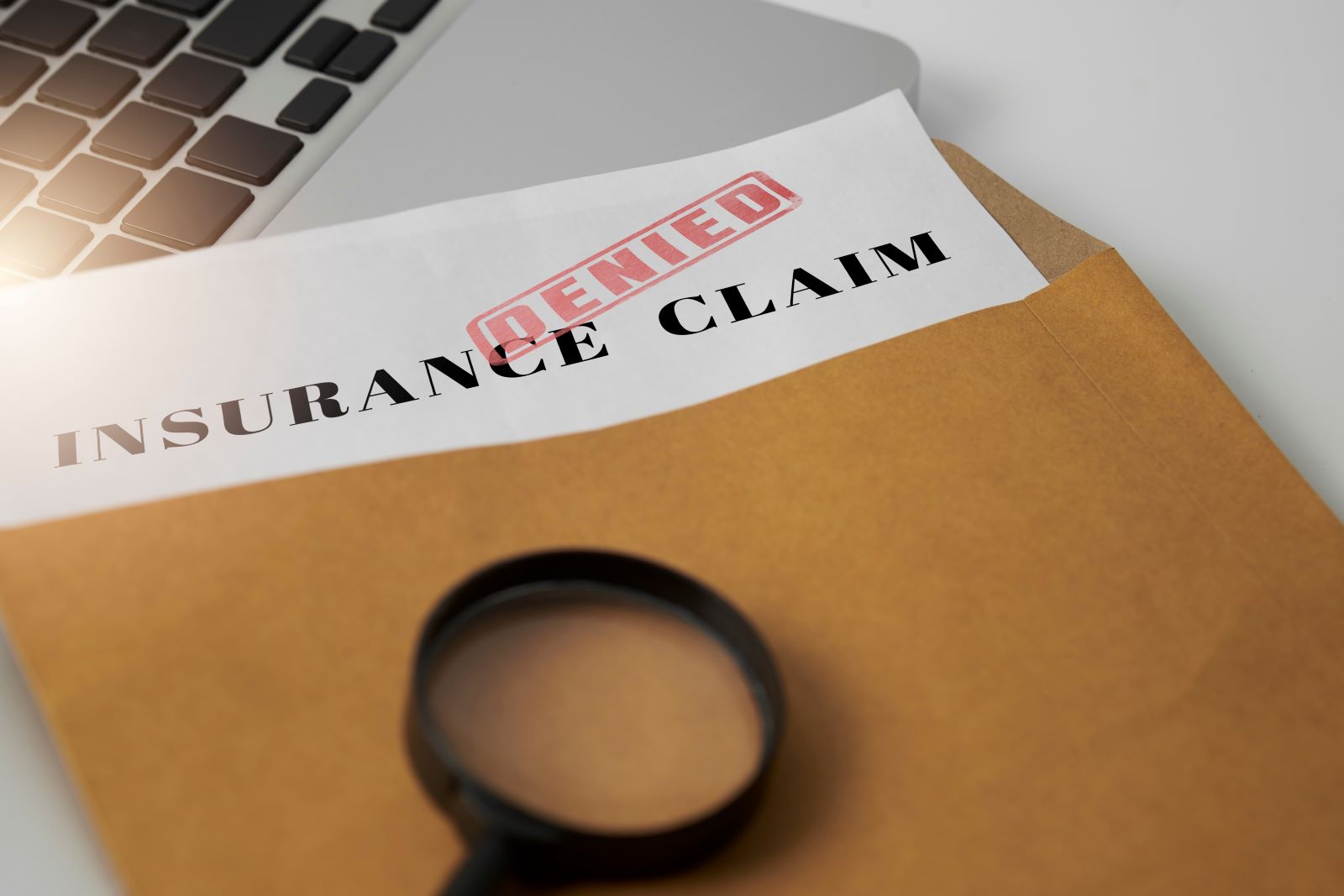
Image Credit: Shutterstock / G_stocker
A denied insurance claim often stems from avoidable mistakes. By understanding these common pitfalls and taking corrective actions, you can increase your chances of getting the coverage you deserve. Are you ready to avoid these errors and secure your rightful compensation?
Police Magnet: 7 Cars That Guarantee You’ll Get Pulled Over
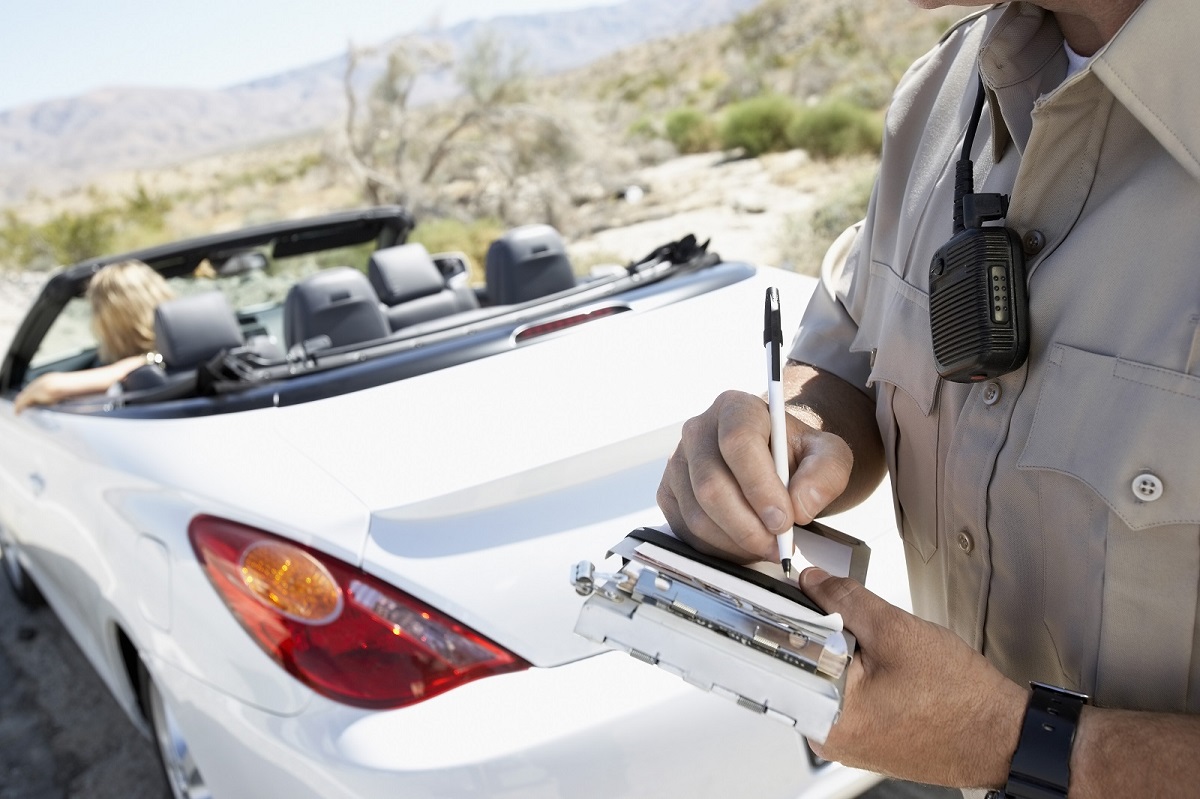
Image Credit: Shutterstock / sirtravelalot
Driving certain cars can make you more noticeable to law enforcement, even if you’re abiding by all the rules. Are you driving one of these “police magnets”? Here are seven cars that seem to attract more police attention than others. Police Magnet: 7 Cars That Guarantee You’ll Get Pulled Over
The Classic Cars That Were Total Clunkers
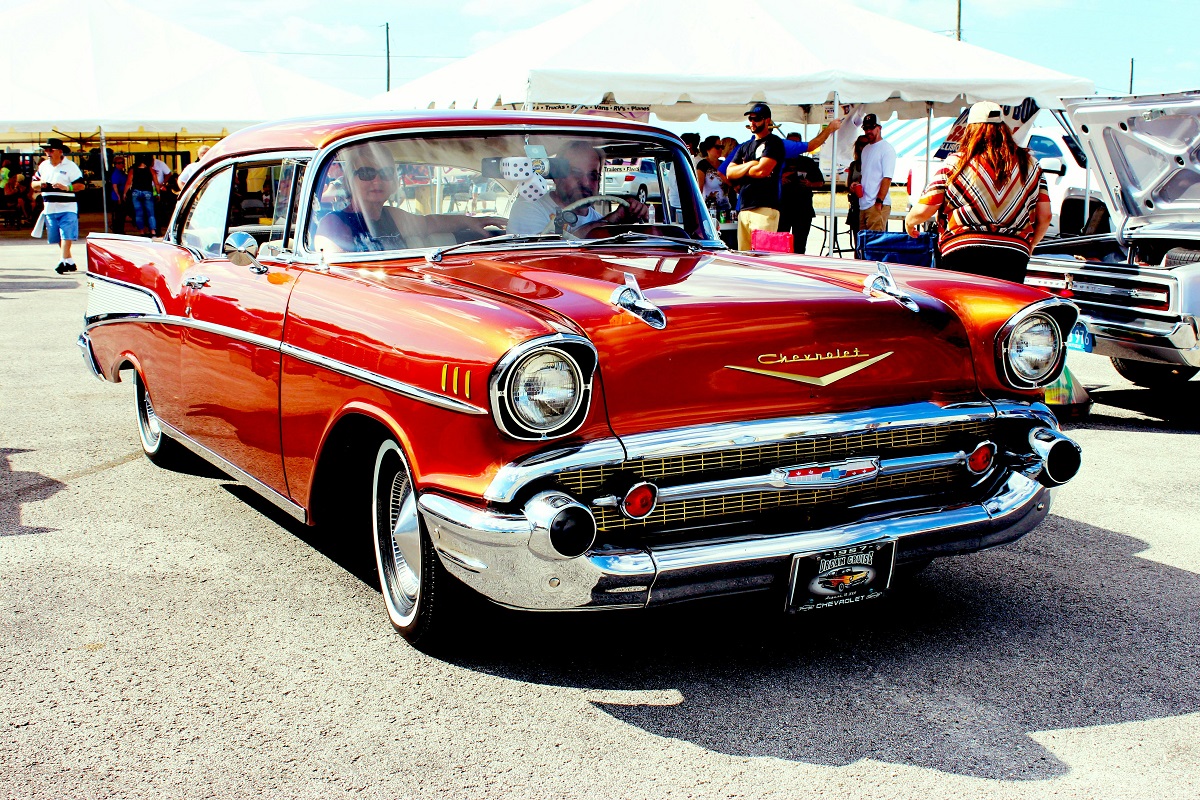
Image Credit: Pexels / Pixabay
Nostalgia has a funny way of making the past seem better than it was, especially when it comes to cars. But here’s the hard truth: some of those “classic” cars your dad raves about were real clunkers. Here’s a closer look at why some of those so-called “classics” weren’t all they were cracked up to be. The Classic Cars That Were Total Clunkers
The Worst U.S. Cars Ever Made: A Retro List
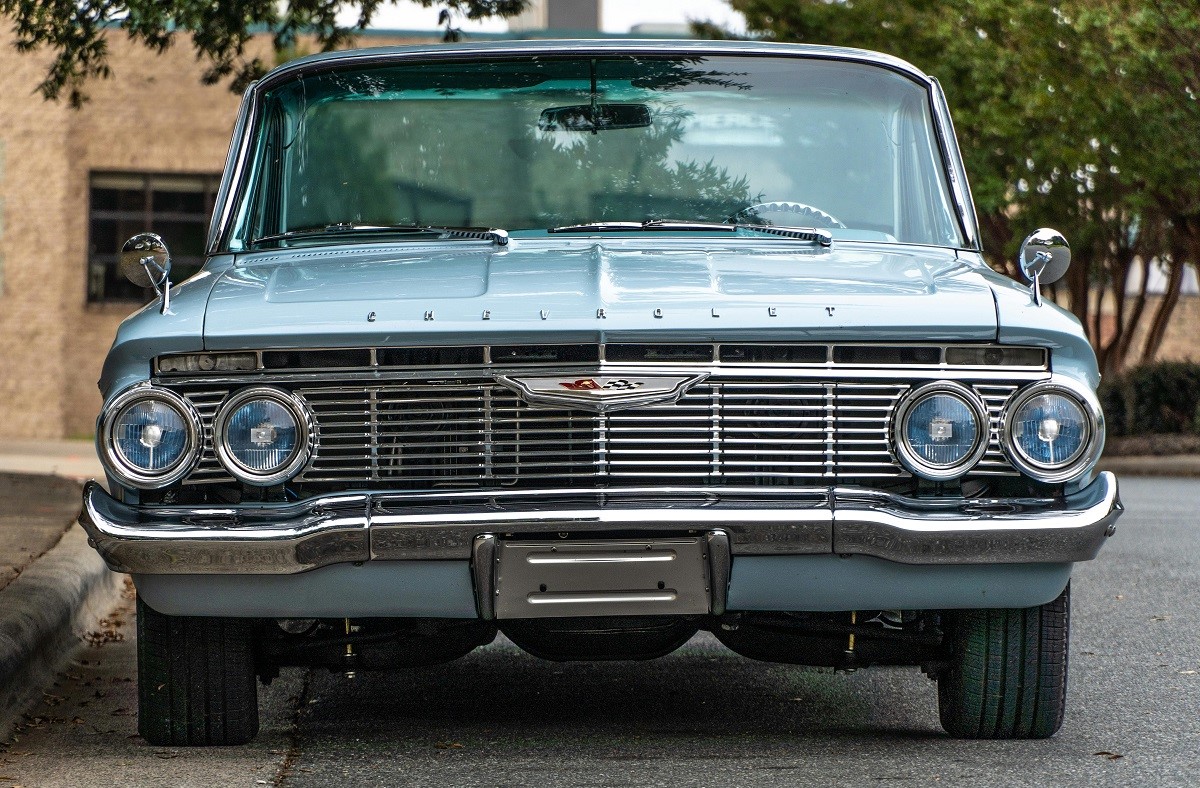
Image Credit: Pexels / Be The Observer
The U.S. auto industry has produced some incredible vehicles, but not every model was a hit. Here’s a look back at 16 of the worst cars ever made in the U.S., each infamous for its own unique flaws. The Worst U.S. Cars Ever Made: A Retro List
Featured Image Credit: Shutterstock / G_stocker.
For transparency, this content was partly developed with AI assistance and carefully curated by an experienced editor to be informative and ensure accuracy.
